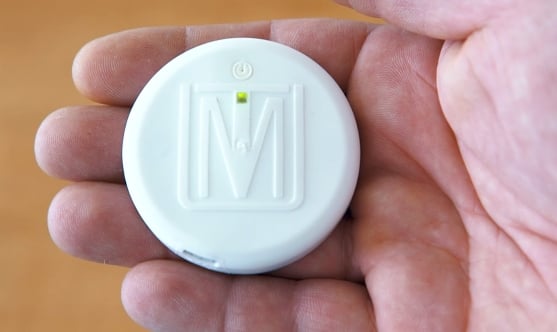UMANA T1 – a patient monitoring ecosystem that uses tattoo sensor technology to measure and record heart rate and other physiological parameters – stands as one of the most innovative technologies ever developed in Malta and could herald a shift in the island nation’s innovation landscape.
“The operating environment [in Malta] has improved dramatically with local venture capitalists, institutional lenders and angel investors much more willing to back a trail-blazing idea than hitherto”
Adrian Attard Trevisan, co-founder and CEO of Umana Medical, explains that the system of tattoo sensors that his company has developed “acts as a second skin that patients can keep up to seven days and live a normal life [compared to] the basic Holter devices and patches currently on the market which can lead to issues such as infections due to the glue, inaccuracy in the data collected and problems in living a normal life due to the wires linked to the device.”
While admitting that difficulties in accessing finances, a high level of regulation, a lack of landmark projects and the small size of the domestic market still stand as obstacles in the future development of innovative solutions in Malta’s pharmaceutical and medtech sectors, Trevisan is optimistic on the future development of both his own organization and the industry at large. He notes that Umana is “currently developing two other applications with tattoo sensors.
One will be a sweat analysis sensor that we are working on in collaboration with a Top Five global pharma company. The second application will focus on a sweat analysis that will prevent patients from needing to take regular blood tests. We are also investing in a fully automated robotic assembly line that will help us produce more high-quality tattoo sensors.”
Trevisan believes that over the past seven or so years, the local business environment within Malta has become much more conducive towards the setting up of avant-garde firms seeking to push the boundaries and disrupt the status quo. “The operating environment has improved dramatically with local venture capitalists, institutional lenders and angel investors much more willing to back a trail-blazing idea than hitherto,” he recalls.

Trevisan is also keen to take his innovative Maltese technology to global markets through partnerships with larger players. “I don’t believe in isolation which is unfortunately often the way in small countries such as Malta, where companies prefer to do business on their own. I believe in people and building strong partnerships. For example, at the moment we are partnering with five universities as well as the aforementioned Big Pharma company. We are also collaborating with our own distribution partners and opening an office in Italy. I believe start-ups should stand on top of giants’ shoulders to benefit from their experience and launch a product successfully.”



